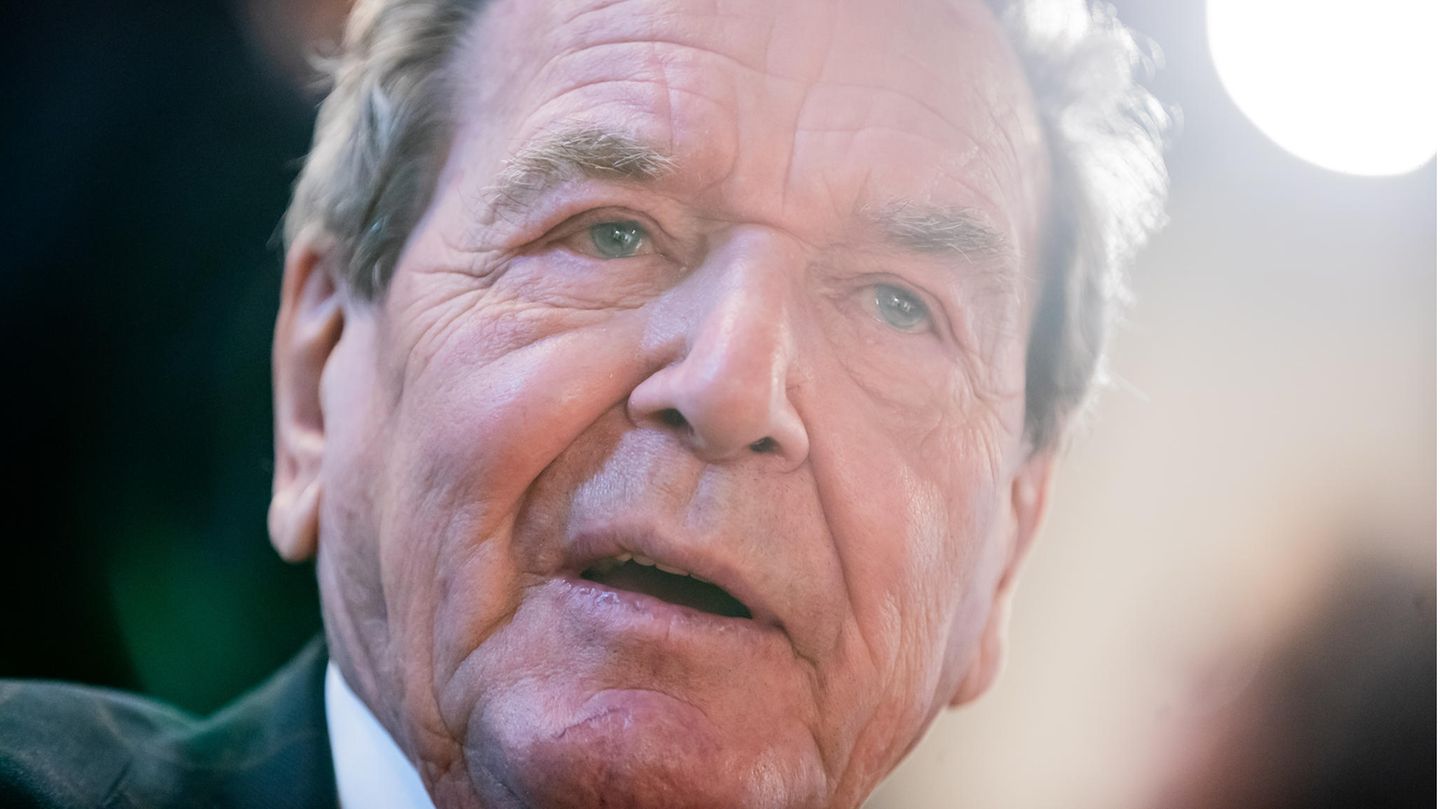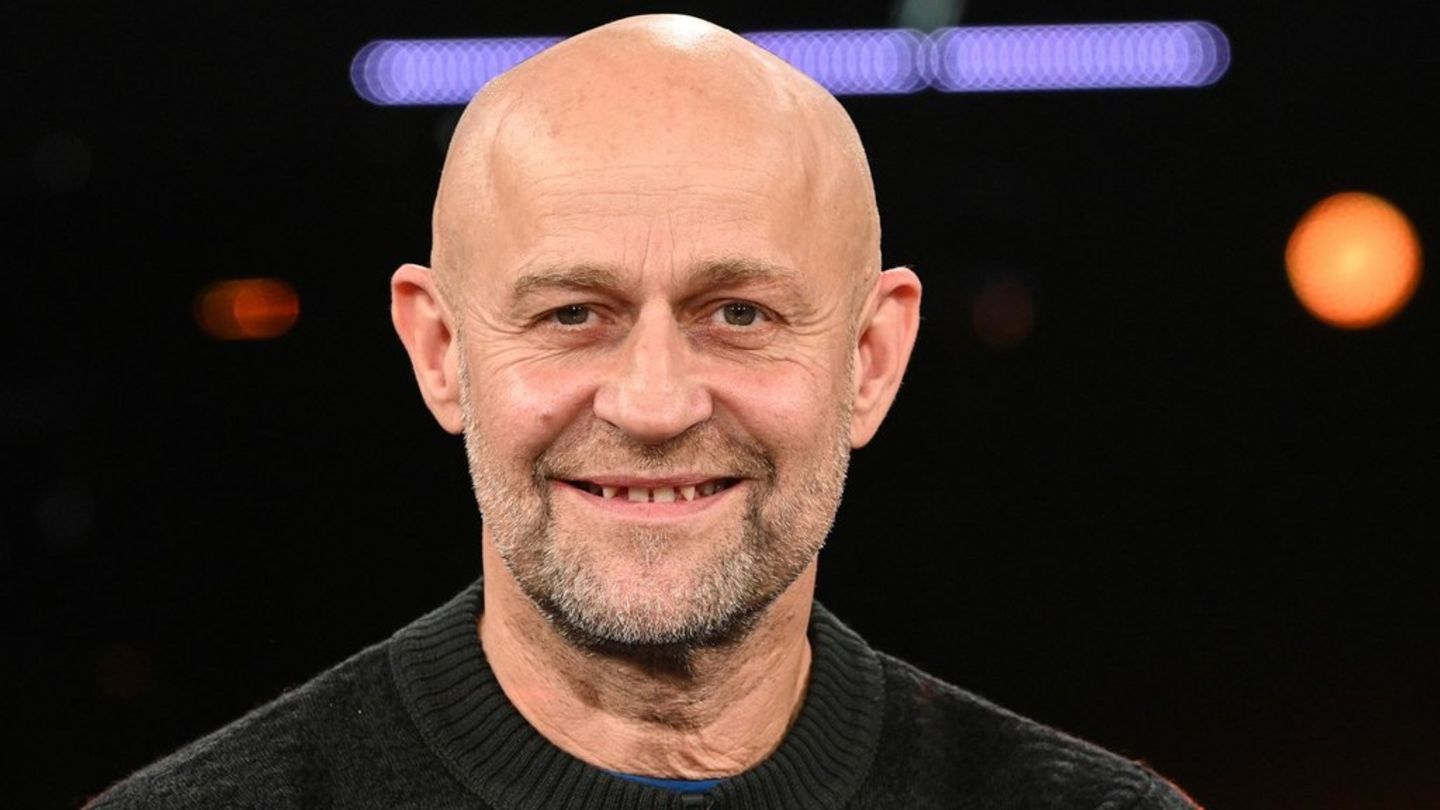In mid-May, the budget committee of the Bundestag decided to withdraw some of Gerhard Schröder’s special rights. A decision that the former Chancellor does not want to accept. He asks for an interview via a lawyer and is met with a clear rejection.
The chairman of the budget committee, Helge Braun (CDU), refuses to talk to the former Chancellor Gerhard Schröder about removing his privileges. “I find the whole process undignified,” Braun wrote in a statement on Thursday afternoon.
The background is a letter that Schröder’s lawyer had addressed to Braun and in which the former chancellor defended himself against the deletion of his privileges. In it, Schröder’s lawyer also proposes a conversation with Braun about the measures that the budget committee decided against the SPD politician in mid-May. Accordingly, Schröder’s former chancellor’s office is to be “put on hold” and all related positions “handled down”. The 78-year-old had previously been heavily criticized for his ties to Russia and Russian President Vladimir Putin.
Braun sees no need for talks with Schröder
“The resolutions of the budget committee were passed with a large majority and are now to be implemented by the federal government,” confirmed Braun. I don’t need to have any conversations about these “objectively required requirements, especially not with people who communicate with me via letters from lawyers,” wrote the former head of the Federal Chancellery.
Schröder’s lawyer accuses Braun and the other members of the budget committee of not having given reasons for the decision against Schröder. It was “evidently illegal and unconstitutional,” says the letter, which is available to the German Press Agency. The committee did not elaborate on the extent to which Schröder no longer “perceived any ongoing obligations from the office” of the Federal Chancellor. “This may be due to the fact that another reason was actually responsible for the withdrawal of these “privileges”,” it continues, alluding to the criticism of Schröder’s relationship with Russia and a possible intention to punish behind the decision.
In mid-May, the Budget Committee voted to close the former chancellor’s office. Last year, more than 400,000 euros flowed from the state coffers for personnel expenses in Schröder’s office. According to the committee decision, the former chancellor is still entitled to a pension and personal protection.
Schröder’s connections to Russian corporations or Putin were not mentioned in the motion approved by the budget committee. The background was the fear that this would be legally vulnerable.
Schröder’s lawyer asked Braun to send the former chancellor a “verifiable and therefore appealable decision”. That has not happened so far. Schröder found out about the budget committee’s decision “through the media”. The former head of the Chancellery initially did not comment on this request.
Union faction also wants to remove Schröder’s retirement benefits
The legal policy spokesman for the Union parliamentary group, Günter Krings (CDU), rejected the legal reservations put forward by Schröder’s lawyer and brought further measures against Schröder into play. The budget committee’s decision was “consistent and correct,” Krings told the “Handelsblatt”. “But it is now high time that the Bundestag also acts as a legislator so that the former chancellor’s retirement benefits are also canceled.” Those who let themselves be put up with the system of Russian President Putin cannot at the same time allow themselves to be “supported” by German taxpayers.
The Göttingen constitutional lawyer Hans Michael Heinig classified the procedure of the budget committee, also in an interview with the “Handelsblatt”, as legal. He “can’t see any reason to believe that there is a constitutional right to a subsequent appointment,” said Heinig. The office equipment had been granted in accordance with previous state practice for “representational tasks in the interests of the Federal Republic of Germany”. Therefore, there should be consequences if the former chancellor “permanently undercuts” the further performance of such tasks through his own behavior.
The Vice President of the German Bundestag, Wolfgang Kubicki, also considers the former Chancellor’s protest to be legally unfounded. “It is perfectly legitimate for Gerhard Schröder to examine all legal means if he believes his rights have been violated,” the FDP politician told the newspapers of the Funke media group. “In my view, the legal basis that the budget committee relies on when deciding to deny the former chancellor the office is sufficient.”
In general, Kubicki spoke out against making an office available to former Chancellors on a permanent basis. “Basically, we need to look at whether ex-officers need a consistent level of office and staffing for life, or whether this may eventually be reduced to zero over time,” he said.
Source: Stern
David William is a talented author who has made a name for himself in the world of writing. He is a professional author who writes on a wide range of topics, from general interest to opinion news. David is currently working as a writer at 24 hours worlds where he brings his unique perspective and in-depth research to his articles, making them both informative and engaging.




